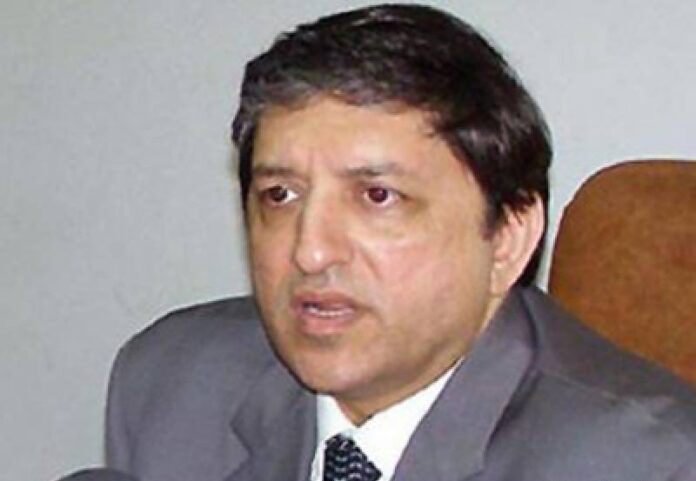ISLAMABAD: The Chairman of the Senate Standing Committee on Finance and Revenue, Senator Saleem Mandviwalla, has cautioned that the forthcoming federal budget will place a greater financial burden on the public, primarily due to a planned hike in the petroleum levy.
Speaking during an appearance on a private television channel, the former finance minister described the upcoming fiscal plan as a “standard-type budget” offering no relief to the masses.
Senator Mandviwalla confirmed that the government aims to bridge a significant revenue shortfall of Rs700 billion by raising the petroleum levy. “Levy will be applied, the public will pay for it, and this is how the budget’s deficit will be overcome,” he said, indicating that the burden of revenue generation will once again fall on the citizens.
The government had previously set a target of collecting Rs1.28 trillion through the petroleum levy for the fiscal year 2024-25, an increase of 47.4 percent from the prior year. Additionally, a Rs5 per litre carbon levy is expected to be imposed starting July 1 as part of commitments made under the $1.3 billion Resilience and Sustainability Facility with the International Monetary Fund (IMF).
Senator Mandviwalla also voiced strong criticism of the Federal Board of Revenue (FBR), particularly over the implementation of the Tajir Dost Scheme (TDS). The TDS was introduced to bring traders and wholesalers into the formal tax net through fixed monthly taxes ranging from Rs100 to Rs60,000, based on shop value and sales volume.
However, the FBR has reportedly failed to meet its revenue target of Rs5.6 million under the scheme.
Describing the FBR’s current system as outdated, Mandviwalla referred to it as a “1960s setup” and emphasized the urgent need to integrate technology-driven reforms. He pointed to countries like Turkey and India as examples of successful modernization in tax administration.
“Every year we hear about FBR reforms, but nothing materialises,” he remarked.
Further, he criticised the government’s decision last year to prevent petroleum prices from falling below Rs80 per litre, citing concerns over increased demand, higher carbon emissions, and the pressure it would place on foreign exchange reserves.
With the IMF watching closely and fiscal targets looming, the upcoming budget appears set to rely heavily on indirect taxation and levies, raising concerns among economic analysts and the general public alike.




